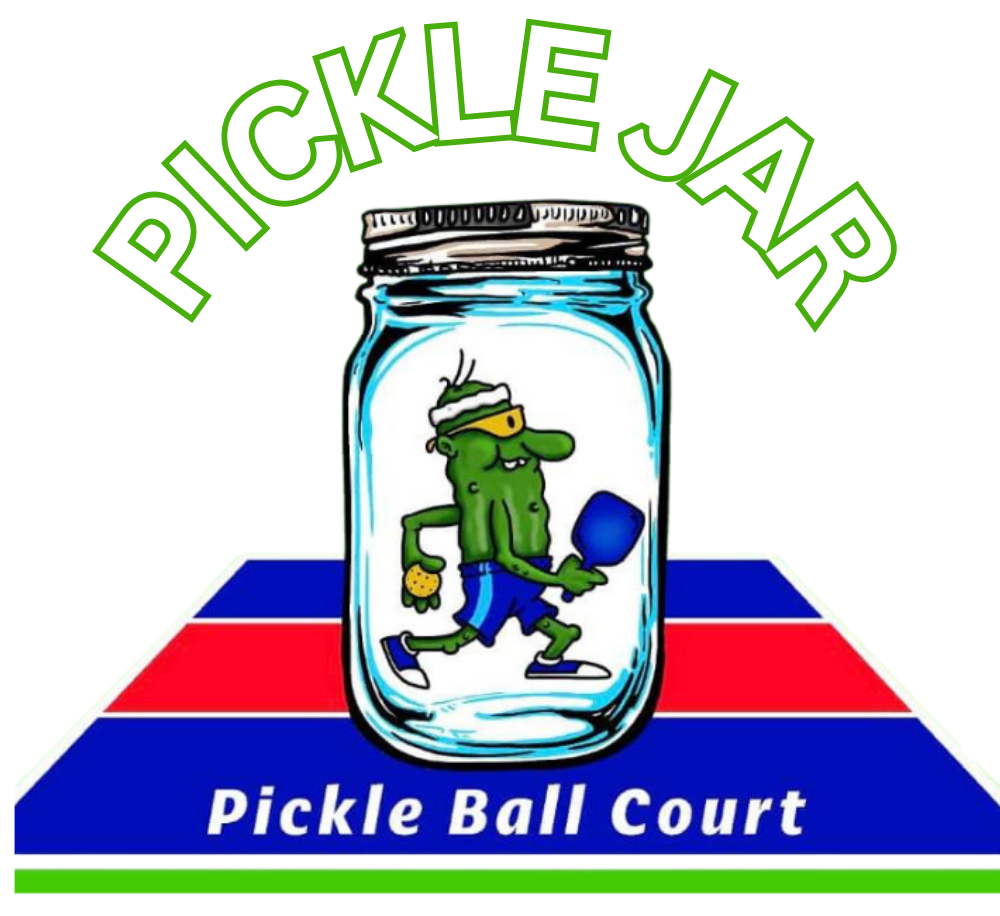Boost Your Fitness, Agility, and Social Connections
Pickleball has rapidly become a favorite pastime for people of all ages, combining elements of tennis, badminton, and ping-pong into a game that’s easy to learn yet challenging to master. But beyond its entertainment value, pickleball offers a multitude of health benefits that contribute to both physical and mental well-being. If you're looking for a way to stay active without feeling like you're working out, pickleball might just be the perfect fit.
A Full-Body Workout
Engaging in the sport is an excellent way to get a comprehensive workout. The game’s dynamic nature requires players to move quickly, often sprinting short distances to return the ball or shifting laterally to cover the court. These movements involve various muscle groups, providing an effective cardiovascular workout while improving muscle tone and endurance.
The constant movement on the court, from lunging to reaching and even jumping, targets the legs, core, and upper body. The repetitive nature of these motions enhances both strength and stamina over time. For example, the rapid starts and stops during play can improve agility and balance, key components in preventing falls as we age. Unlike more repetitive forms of exercise, such as jogging or cycling, pickleball engages multiple muscle groups simultaneously, offering a well-rounded approach to fitness.
Moreover, the sport’s quick pace ensures that your heart rate stays elevated, promoting cardiovascular health. Regular participation in pickleball can help reduce blood pressure and improve cholesterol levels, contributing to better overall heart health. The game's blend of aerobic and anaerobic exercise ensures that players reap the benefits of both endurance and strength training without the monotony of traditional gym workouts.
Low-Impact, High Rewards
One of the standout features of pickleball is its low-impact nature, making it an attractive option for those with joint concerns or those who might find high-impact sports too taxing. The game is played on a smaller court, which reduces the stress on joints compared to running sports like tennis. The use of a paddle and a lightweight ball further minimizes the impact on the body, allowing players to enjoy extended play sessions without excessive strain.
While the sport is low-impact, it doesn’t mean that it lacks in health benefits. The regular motion and activity help to keep joints limber and muscles engaged, which is essential for maintaining mobility as we age. Additionally, pickleball’s emphasis on balance and coordination can help reduce the risk of falls, a common concern among older adults. The sport’s unique combination of low-impact activity with high-reward benefits makes it a popular choice for those seeking a safe yet effective way to stay active.
Boosting Mental Sharpness
Beyond physical benefits, pickleball also contributes to cognitive health. The game’s strategic nature requires quick thinking and decision-making, which can sharpen mental faculties. Players must constantly anticipate their opponent’s moves, decide on the best return shot, and adjust their positioning on the court—all within a matter of seconds. This constant mental engagement keeps the brain active and can help maintain cognitive functions as we age.
Additionally, the social interaction inherent in pickleball can further enhance cognitive health. Engaging with others in a competitive yet friendly environment stimulates the mind in ways that solitary activities do not. Whether it's strategizing with a partner in doubles or engaging in playful banter with opponents, these interactions provide mental stimulation that can be beneficial for brain health.
Pickleball is more than just a physical activity; it’s a social experience that brings people together. Whether you’re playing in a local league, with a group of friends, or even just joining a pick-up game, it fosters a sense of community and belonging. The sport’s inclusive nature—being accessible to players of various skill levels—makes it easy to connect with others, fostering relationships that contribute to emotional well-being.
Social interaction is a key factor in maintaining mental and emotional health, particularly as we age. Loneliness and isolation can lead to a range of health issues, including depression and cognitive decline. Pickleball offers a solution by providing a social outlet where players can build friendships and support networks. The camaraderie that develops on the court often extends beyond the game, leading to social gatherings and a sense of community that enriches daily life.
Moreover, the friendly competition inherent in pickleball can boost self-esteem and confidence. Successfully returning a difficult shot or winning a close match provides a sense of achievement and fulfillment. These positive experiences can reduce stress and anxiety, promoting a more positive outlook on life. In this way, pickleball not only supports physical health but also contributes significantly to emotional and psychological well-being.
Ready to experience the fun and health benefits of pickleball for yourself? Join us at the Pickle Jar. Whether you're a seasoned player or just starting out, our courts are the perfect place to get active, meet new friends, and enjoy the game.
Contact us today to join a league or reserve a court.
All Rights Reserved | The Pickle Jar

